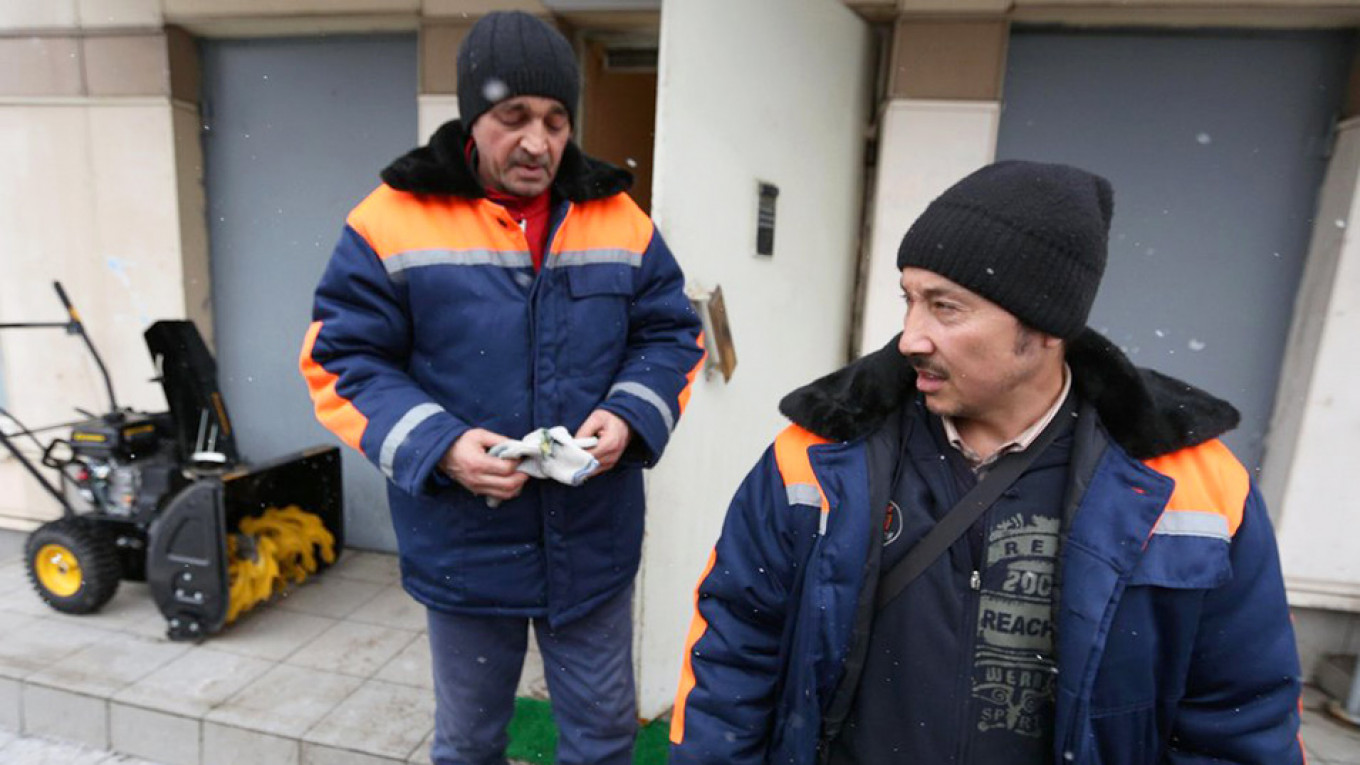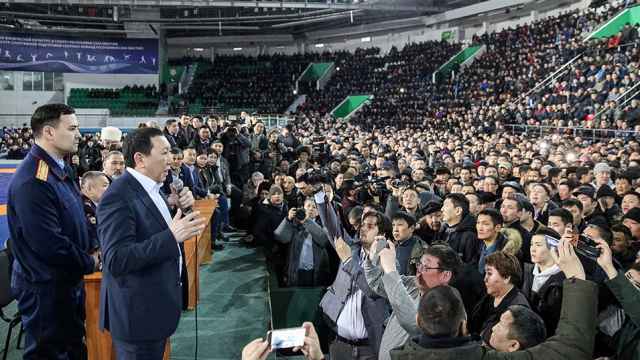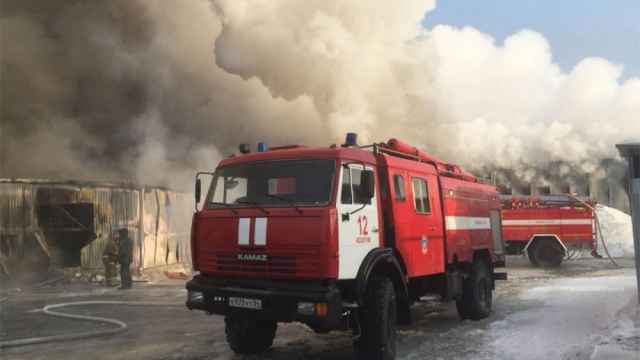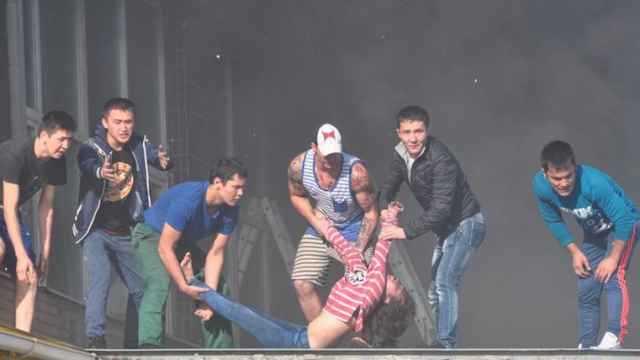A Siberian region rocked by allegations that Central Asian migrants raped a local woman has banned foreign workers from being employed in 33 fields.
Earlier this month, three suspects believed to be from Kyrgyzstan were detained on charges of kidnapping and raping a resident of Yakutsk, sparking rallies and raids against migrants.
Sakha Governor Aysen Nikolayev on Wednesday signed a decree that bars migrant workers from sectors including transport, commerce, construction and agriculture.
The bans apply to migrants who hold special work patents, as well as citizens of Azerbaijan, Moldova, Tajikistan, Uzbekistan and Ukraine.
Regional employers have been given three months to fire migrant workers employed in the specified fields, the decree said.
Officials in the republic of Sakha said the employment bans are unrelated to the recent surge in anti-migrant sentiments, adding that such bans date back at least two years in the region.
The bans, designed to boost native employment in specific lines of work, expanded from 14 areas of activity in 2017 to 16 in 2018.
A Message from The Moscow Times:
Dear readers,
We are facing unprecedented challenges. Russia's Prosecutor General's Office has designated The Moscow Times as an "undesirable" organization, criminalizing our work and putting our staff at risk of prosecution. This follows our earlier unjust labeling as a "foreign agent."
These actions are direct attempts to silence independent journalism in Russia. The authorities claim our work "discredits the decisions of the Russian leadership." We see things differently: we strive to provide accurate, unbiased reporting on Russia.
We, the journalists of The Moscow Times, refuse to be silenced. But to continue our work, we need your help.
Your support, no matter how small, makes a world of difference. If you can, please support us monthly starting from just $2. It's quick to set up, and every contribution makes a significant impact.
By supporting The Moscow Times, you're defending open, independent journalism in the face of repression. Thank you for standing with us.
Remind me later.






